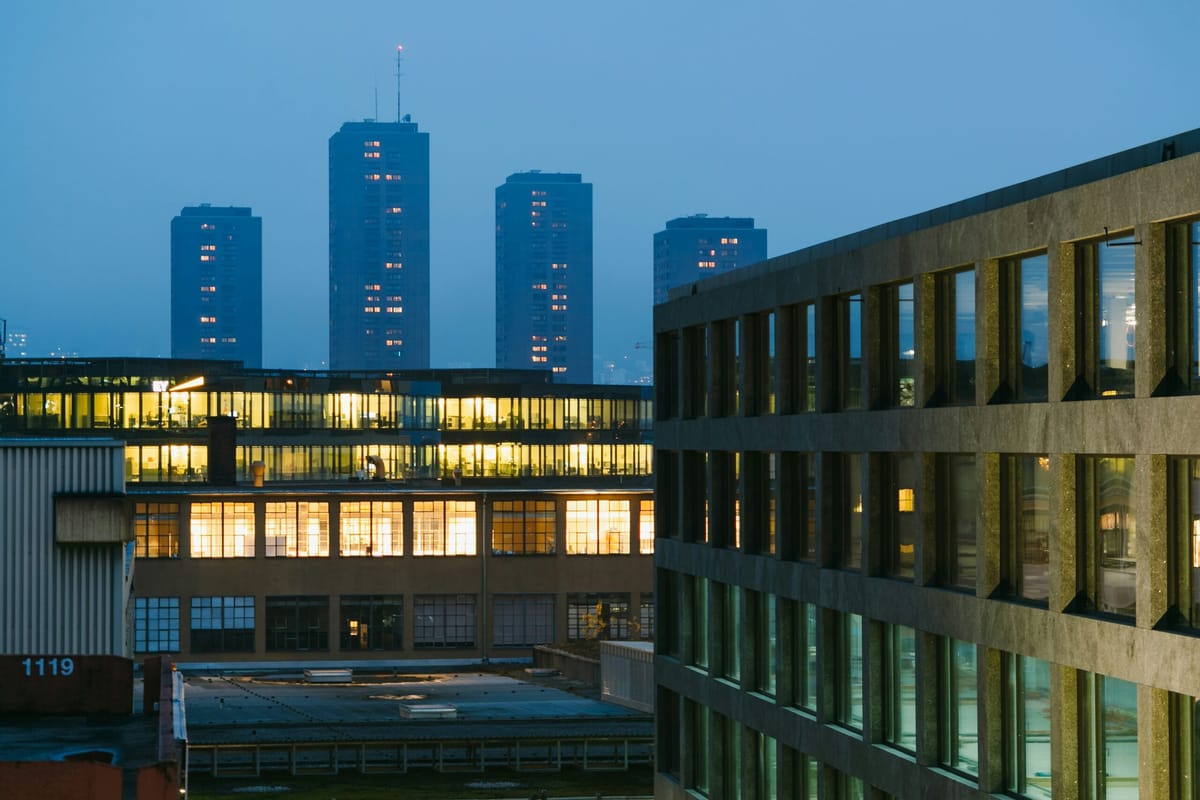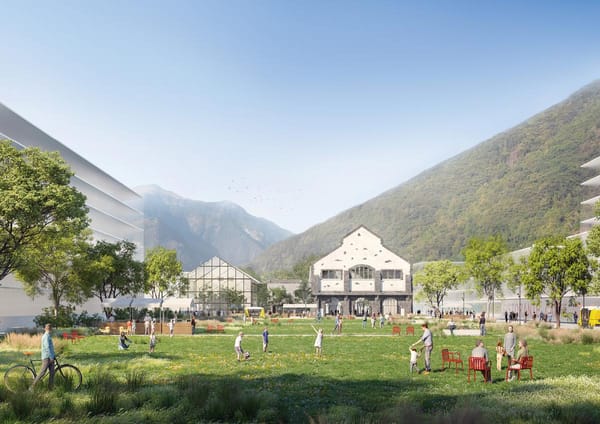Residential Real Estate Market Rebounds After Interest Rate Turbulence

The Swiss residential property market is stabilizing, thanks to curbed inflation, robust economic growth, and strategic interest rate reductions by the National Bank. Fredy Hasenmaile, Chief Economist at Raiffeisen Switzerland, observes, "Demand for residential property has largely recovered after the interest rate-induced slump. The cost advantage of homeownership over renting has returned, and excess demand is now shifting from the rental market to the property market."
While increased demand is being offset by a higher supply of existing apartments, new construction remains limited. Hasenmaile predicts, "The more fluid supply and renewed buyer confidence are leading to increased property transactions. Sellers are generally achieving their price expectations, and we anticipate slightly higher price growth in the medium term."
Housing Supply Remains Constrained
Despite lower interest rates and stabilized construction costs, new housing supply in Switzerland remains limited. Last year saw the lowest number of new apartment approvals in 20 years. The densification process required for new residential buildings has led to increased property demolitions, and new apartments are significantly smaller than in the past.
The rental market continues to tighten, with vacancy rates expected to fall below 1% this year. Hasenmaile notes, "The strongest indicator is the surge in offered rents, which rose by 6.4% annually in Q2 2024."
Homeownership as a Financial Resource
The average age of Swiss homeowners exceeds 60, with at least one person of retirement age in nearly 40% of homeowner households. Many older homeowners have accumulated significant equity due to the dynamic price growth over the past two decades. However, accessing this capital can be challenging due to affordability constraints in retirement.
For example, a single-family home purchased in 1985 for 470,000 francs and maintained unchanged could now be worth approximately 1.3 million francs. Assuming an initial 80% down payment and periodic mortgage increases for value-preserving investments, the owners' equity has grown nearly sevenfold.
This tied-up capital may be needed in retirement for various purposes, such as covering care costs, supporting descendants, or supplementing pensions. In French-speaking Switzerland, the concept of "viager" (residential income) allows homeowners to tap into their real estate assets while continuing to live in their homes. This arrangement can involve direct capital withdrawal, a life annuity, or a combination of both.
Such transactions can benefit both sellers and buyers, offering financial security and predictability to homeowners in exchange for property ownership and potential future value appreciation.





